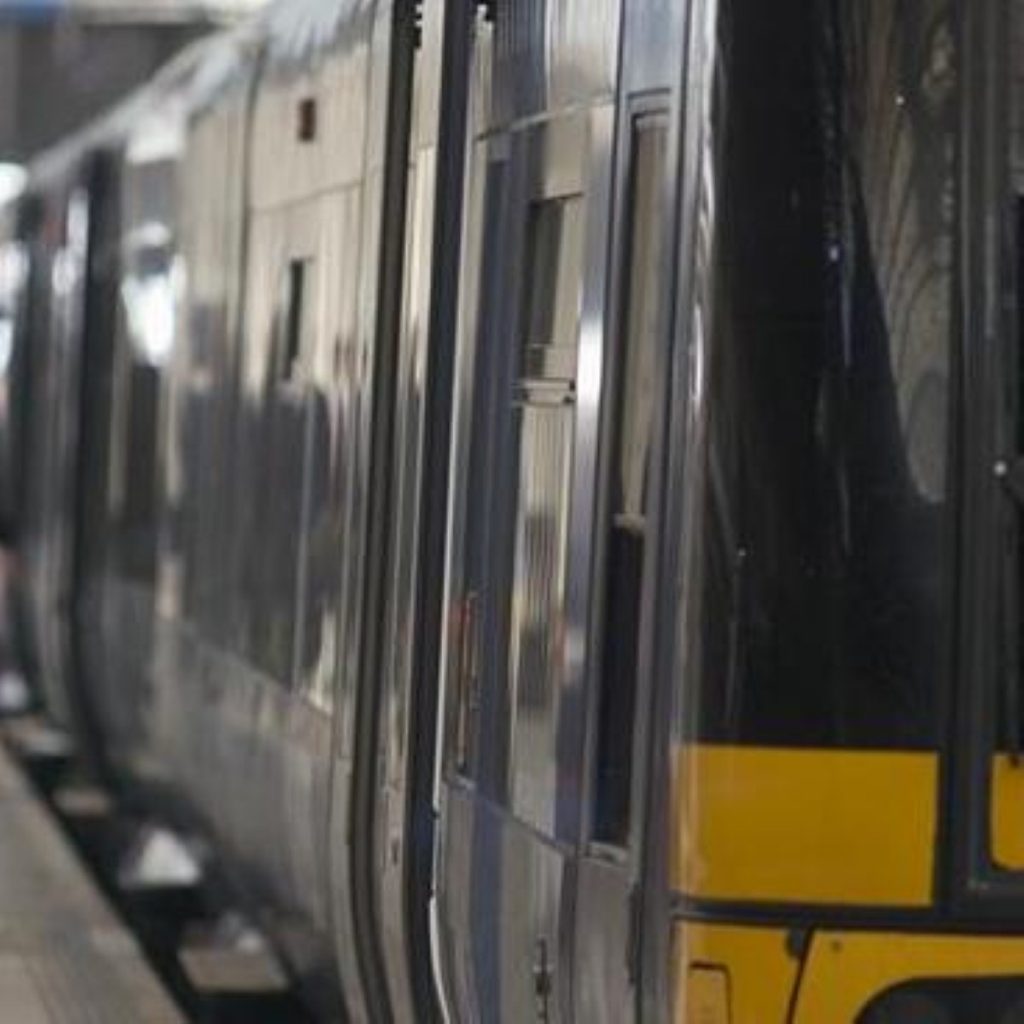Rail costs ‘too high’
By Jonathan Moore
Britons pay more and have less value for money for their rail travel than Europeans, a study revealed today.
The report by Passenger Focus found the cost of commuting to London was high compared to other European cities.
While commuting to other British cities generally cost less than to London, these fares were still more than commuting to the major city of other European countries.


The main concerns of customers were the cost of tickets, punctuality and reliability, being able to get a seat and the lack of information provided during disruptions.
Liberal Democrat transport spokesman, Norman Baker, said: “This report shows British passengers are the most ripped off in Europe.
“Every year, ministers are forcing above-inflation price hikes on passengers who are being forced to stand on increasingly overcrowded trains.
“The government should stop the tax train in its tracks now by adopting Liberal Democrat plans for an immediate fare freeze, paid for by taking money from the road widening budget.”
Passenger Focus chairman Colin Foxall said customers were “not happy with the value for money they are getting”.
He said that alongside fares, people were most disgruntled about “performance, overcrowding and managing delays”.
The report also found the structure of fares is too complex; is seen as unfair to passengers and the price of flexibility is too high.
Along with criticisms of the way the railways are run, the report also made several recommendations to improve performance.
Passenger Focus chief executive, Anthony Smith, said: “Passenger Focus also recommends that government reviews its intention to shift the cost of funding the railway from taxpayers to passengers.
“This policy was born in very different economic times.
“Passengers cannot be expected to continue paying above-inflation fare increases year on year during a recession.”
The report recommended capping the amount rail companies can raise their fares, specifically preventing a raise of more than one percent above inflation and not allowing all of the permitted increases for companies whose peak performance is poor.
One positive aspect of British services the report managed to find was that customers were better served than their European counterparts by the number and times of trains available.












